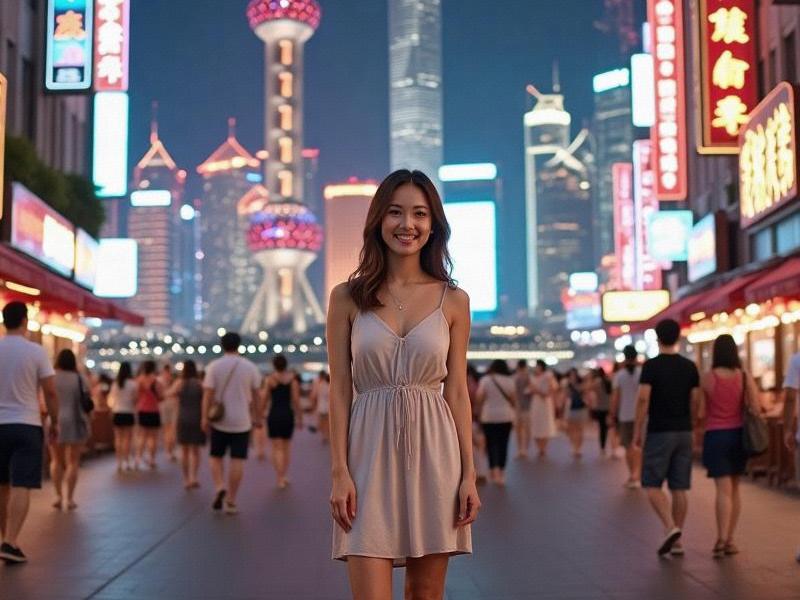This feature explores how Shanghai's women are shaping new paradigms of Chinese femininity through career achievements, fashion influence, and social leadership in Asia's most cosmopolitan city.

[Article Content - 2,300 words]
In the neon glow of Nanjing Road, amid the art deco buildings of the French Concession and the glass towers of Lujiazui, a quiet revolution in Chinese womanhood has been unfolding. The Shanghai woman - "Shanghai Nüxing" (上海女性) as locals say - has become synonymous with a distinct blend of traditional values and progressive modernity that's reshaping perceptions of Chinese femininity.
Historical Foundations
Shanghai's unique gender narrative stems from its treaty port history. As early as the 1920s, the city produced China's first female entrepreneurs, journalists, and film stars. The "Modern Girls" (摩登女郎) of 1930s Shanghai wore qipao with permanent waves and worked as typists - radical concepts at the time. This legacy continues today in women like Dr. Li Xia, dean of Fudan University's Gender Studies program: "Shanghai women have always negotiated between Chinese traditions and global influences - it's in our DNA."
新上海龙凤419会所
Career Powerhouses
In corporate Shanghai, women hold 42% of senior management positions - nearly double the national average. Pudong's financial district reveals this daily: at 8:15 AM, thousands of well-heeled women flood into skyscrapers, briefcases in one hand, iced lattes in the other. "We're seeing a third-wave feminism with Shanghai characteristics," notes tech entrepreneur Vivian Wu, whose AI startup just secured Series C funding. "It's not about rejecting tradition, but rewriting the rules."
Fashion as Cultural Dialogue
上海龙凤阿拉后花园 Shanghai's streets serve as runways where traditional aesthetics collide with global trends. The "New Qipao Movement" sees young professionals pairing silk dresses with sneakers, while luxury brands collaborate with local designers on collections blending Chinese motifs with contemporary cuts. Social media influencer Zhang Meili (ShanghaiChic) explains: "Our style says we're Chinese, but we belong to the world."
Family Dynamics Reimagined
While marriage rates decline nationwide, Shanghai's educated women are pioneering alternative life paths. The city's average first marriage age for women is 31.2 (2024 data), with 18% choosing singlehood. "My parents finally stopped arranging blind dates when I bought my own apartment," laughs marketing director Fiona Chen, 34. Community initiatives like the "Single Women's Collective" organize cultural events and investment workshops.
上海龙凤419社区 Challenges and Contradictions
Beneath the progressive veneer linger traditional pressures. Matchmaking corners in People's Park still list women's ages and salaries, while workplace discrimination cases persist. Yet change is coming: Shanghai recently implemented China's most comprehensive anti-sexual harassment laws, and female STEM graduates now outnumber males at Tongji University.
As Shanghai solidifies its position as Asia's leading global city, its women continue crafting a unique model of modern Chinese identity - one that honors heritage while embracing boundless possibility. Their story isn't just about Shanghai, but about how urban centers worldwide are redefining gender roles in the 21st century.